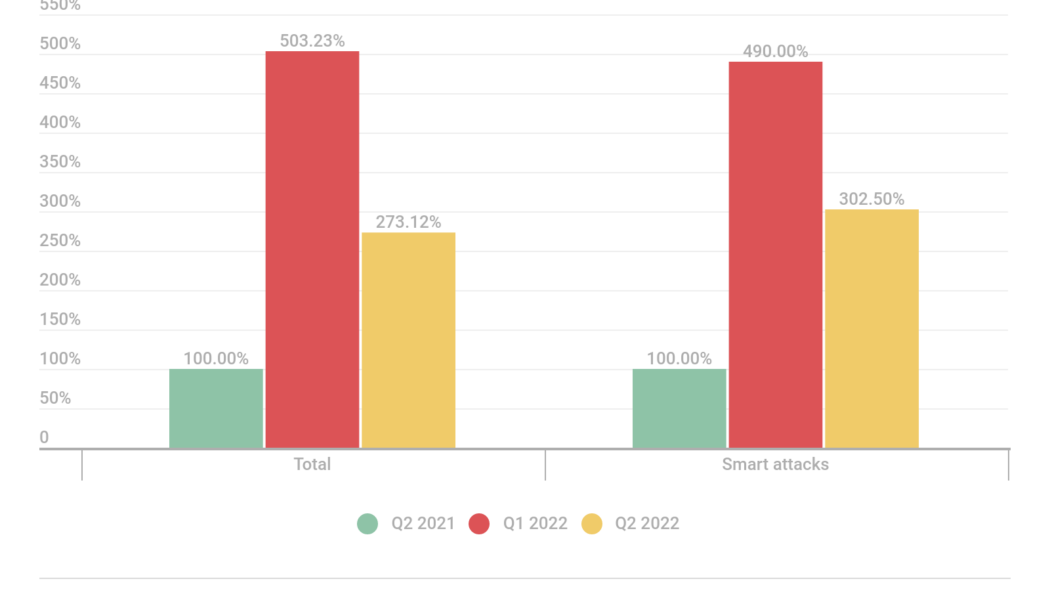Kaspersky
The Crypto Collapse & Rising DDoS Smart Attacks
Image sourced from Shutterstock. During Q2 2022, Distributed Denial of Service (DDoS) attacks reached a new level as the share of smart attacks and average duration saw steep increases. Compared to the previous year, the average duration of a DDoS attack rose 100 times, reaching 3,000 minutes. The share of smart attacks almost broke the four-year record, accounting for nearly 50% of the total. Experts also expect an increase in overall DDoS activity, especially with the recent collapse of cryptocurrency. These and other findings are part of a quarterly DDoS report issued by Kaspersky. A Distributed Denial of Service (DDoS) attack is designed to hinder the normal functioning of a website or crash it completely. During an attack (which usually targets government institutions, retail or ...
Kaspersky Scoops Award for Best VPN Security
Image sourced from Pixabay. Kaspersky VPN Secure Connection was awarded among the best VPNs for streaming, gaming and torrenting for private users by AV-TEST, the independent IT security institute. Kaspersky VPN Secure Connection was praised for its speed ratings and beat leading global competitors in VPN transparency ratings. Virtual private networks (VPNs) have multiple uses including anonymous surfing, secure downloads, messaging, as well as providing access to local content on streaming platforms. They’ve also become a necessary feature for gamers, allowing them to tune their ping when gaming and providing uninterrupted gameplay. This is an important aspect of VPNs as the gaming industry is rapidly growing with a current value of over $300 billion and a continuously expa...























